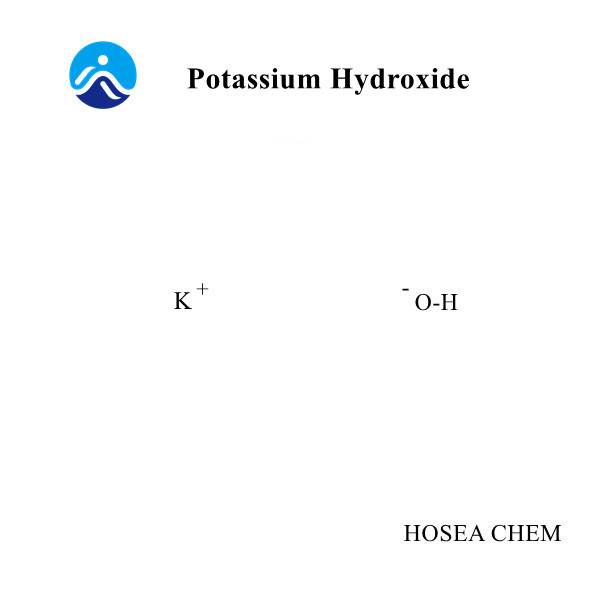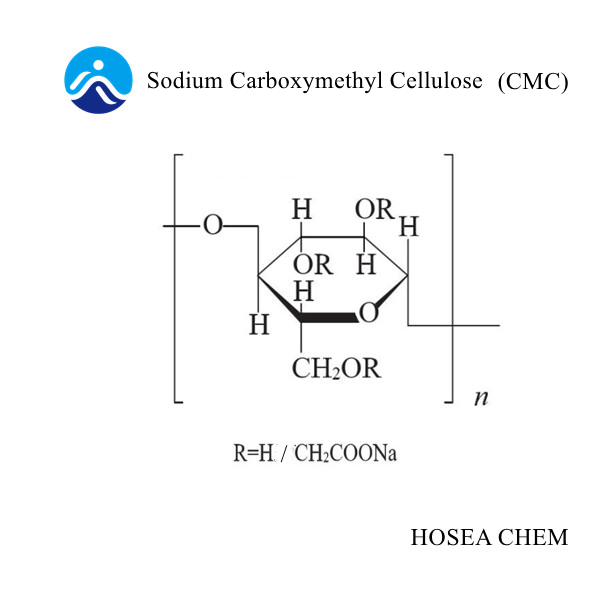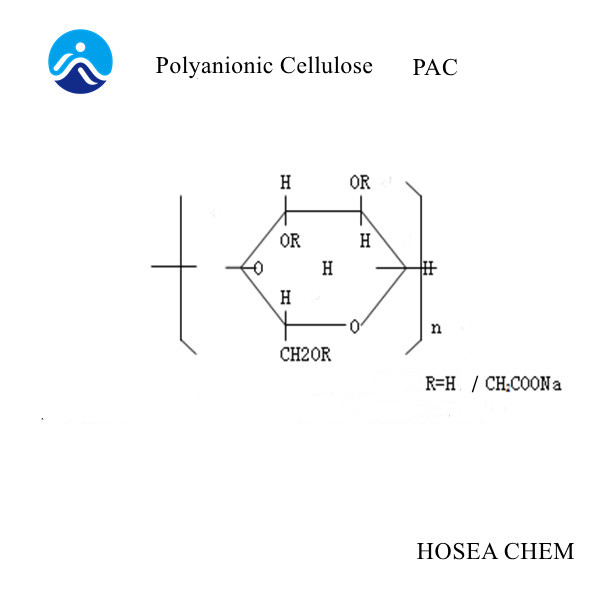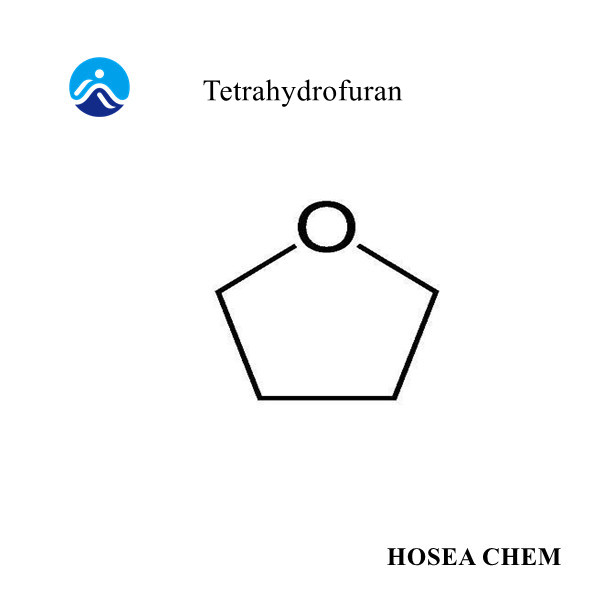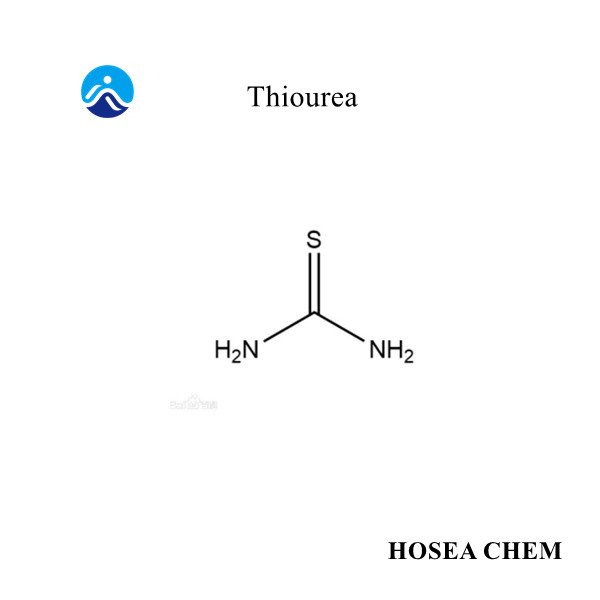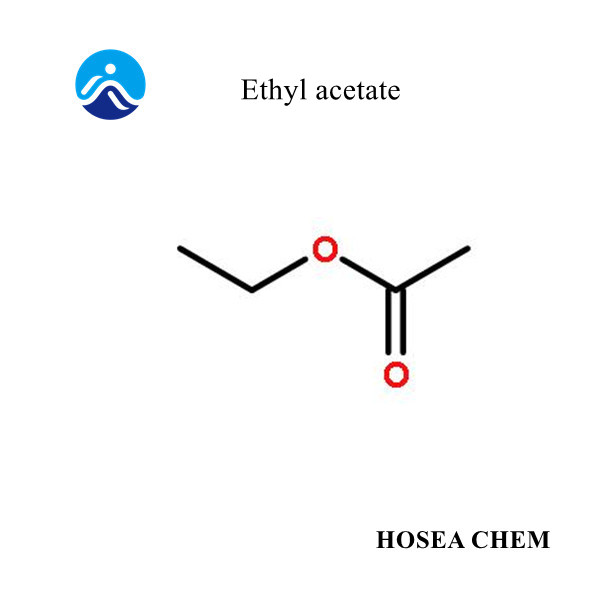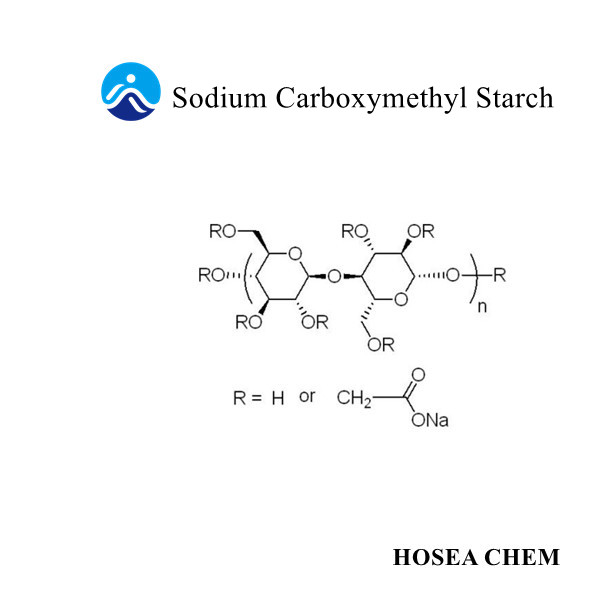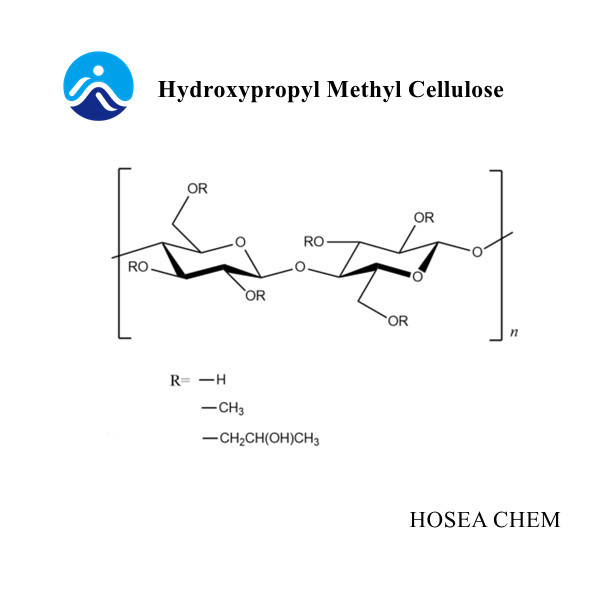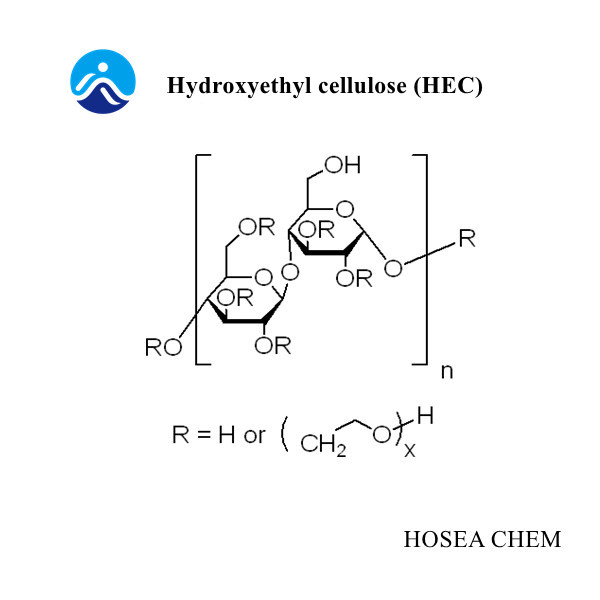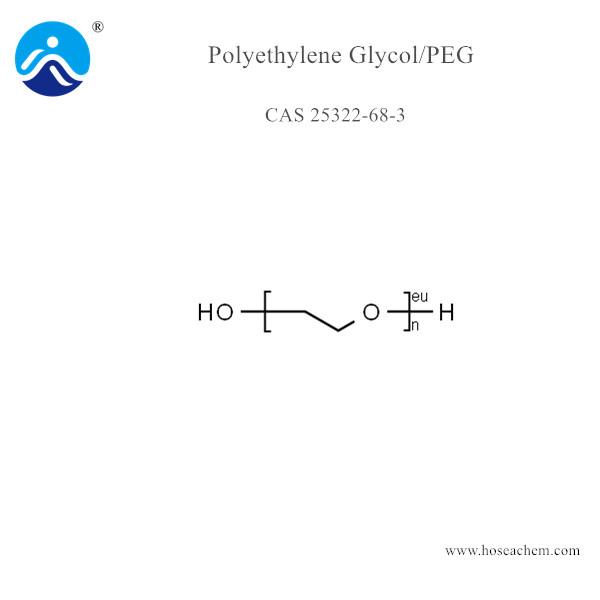Polyethylene Glycol/PEG (CAS 25322-68-3)
Hosea Chem® has been supplying Polyethylene Glycol/PEG (CAS 25322-68-3) with high quality and competitive price for many years, covering most of the European, American, etc. Send Inquiry
Product Description
Polyethylene Glycol/PEG
Chemical Name:Polyethylene Glycol/PEG;CAS 25322-68-3
EINECS No.: 200-849-9
Chemical Formula: (C2H4O)nH2O
Melting point: 64-66ºC
Boiling point: 250ºC
Flash point: 270 °C
Refractive index:1.469
Density at 25ºC g/mL:1.27
Molecular Structure:
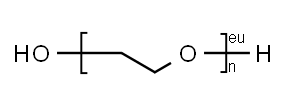
Description
Polyethylene glycols are a family of linear polymers formed by a base-catalyzed condensation reaction with repeating ethylene oxide units being added to ethylene. The molecular formula is (C2H4O)multH2O where mult denotes the average number of oxyethylene groups. The molecular weight can range from 200 to several million corresponding to the number of oxyethylene groups. The higher-molecular-weight materials (100 000 to 5 000 000) are also referred to as polyethylene oxides. The average molecular weight of any specific polyethylene glycol product falls within quite narrow limits (°5%). The number of ethylene oxide units or their approximate molecular weight (e.g., PEG-4 or PEG-200) commonly designates the nomenclature of specific polyethylene glycols. Polyethylene glycols with amolecular weight less than 600 are liquid, whereas those of molecular weight 1000 and above are solid. These materials are nonvolatile, water-soluble, tasteless, and odorless. They are miscible with water, alcohols, esters, ketones, aromatic solvents, and chlorinated hydrocarbons, but immiscible with alkanes, paraffins, waxes, and ethers.
Polyethylene Glycol Standard
Trade name | Appearance(25℃) | PH(5%H2O) | Color No(Pt-Co)≤ | Relative Molealar mass | Moisture content % ≤ | K+/Na+,ppm ≤ |
PEG-200 | Colorless Transparent Liquid | 5.0~7.0 | 30 | 200±10 | 0.5 | / |
PEG-200R | 20 | |||||
PEG-400 | Colorless Transparent Liquid | 5.0~7.0 | 30 | 400±20 | 0.5 | / |
PEG-400R | 20 | |||||
PEG-600 | Colorless Transparent Liquid | 5.0~7.0 | 30 | 600±30 | 0.5 | / |
PEG-600R | 20 | |||||
PEG-800 | White Paste | 5.0~7.0 | 30 | 800±50 | 0.5 | / |
PEG-800R | 20 | |||||
PEG-1000 | White Wax | 5.0~7.0 | 30 | 1000±50 | 0.5 | / |
PEG-1000R | 20 | |||||
PEG-2000 | White Fake | 5.0~7.0 | 30 | 2000±100 | 0.5 | / |
PEG-2000R | 20 | |||||
PEG-4000 | White Fake | 5.0~7.0 | 30 | 4000±200 | 0.5 | / |
PEG-4000R | 20 | |||||
Method | Visual inspection | GB/T6368 | GB/T9282.1 | GB/T12008.3 | GB/T11275 | Spectrophotometer |
Application
Normally, these non-ionic products are soluble in water and most organic solvents except paraffin and benzoglycols. These products will remain their propertyes while soluble in water and they are not toxic or irritant. They are usrd to produce binder, anti-static agent and softener with their good lubricating, wettyng and dispersing ability. They are usually used to produce a medium in an organic synthesis a carrier at a high temperature, humectant and inorganic salt’s solublizing agent in daily chemistry industeres, adjusting the melting point and viscosity as matrix. lubrication agent and sofrener in cosmetics and medicine; promoting and adjusting sulfidationas dispersion agent, lubrication agent and dispersion agent white carbon black on rubber; increasing the polyester's dyeability and making the textile products more comfortable as dyeable polyester monomer in chemical fiber: widely application in plastics, papermaking, paints, electroplating, pesticide, melt and food processing industries.
Storge & Handling
These products are non-toxic and hard to burn, so that they can be dealt with as common chemicals, and should be stored in dry and ventilated places avoiding sunshine and rain, and storage time is two years.
Packing
Liquid and paste PEGs are packed in 200 kg galvanized drum. Solid PEGs after flaked is packed in 25kg plastic lined.


